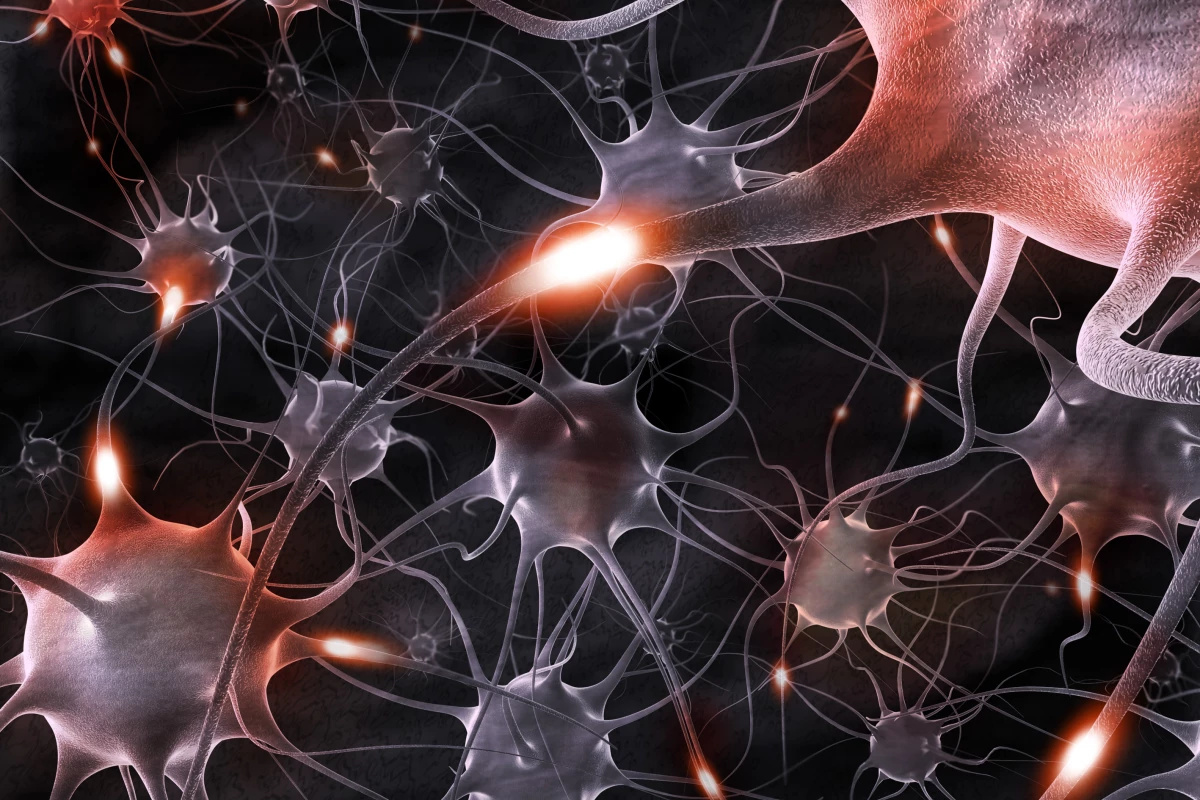Several years after the emergence of SARS-CoV-2, the virus that causes COVID-19, researchers still face plenty of unanswered questions. For example, we know COVID is associated with a variety of neurological symptoms, both short- and long-term, but it still isn’t entirely clear whether these cognitive issues are the result of the virus directly infecting brain cells or simply due to a broader systemic inflammatory response.
Studies looking at human brain tissue have yielded contradictory results. Some have found direct traces of SARS-CoV-2, while others report only inflammatory damage. Animal models certainly demonstrate it is possible for the virus to infect the brain, but human tissue samples are obviously taken after a patient dies, meaning researchers can only hypothesize what happens during an acute infection.
In a new study, led by scientists from Institut Pasteur and Université Paris Cité, an animal model was used to investigate several questions yet to be resolved. How could the SARS-CoV-2 virus enter the brain through the olfactory system? Are different SARS-CoV-2 variants more or less likely to enter the brain? And is losing one’s sense of smell directly linked to the virus entering the brain?
Using a hamster model, the research compared infection with the original SARS-CoV-2 virus from 2020 to several subsequent variants including Gamma, Delta and Omicron/BA.1 variants. Interestingly, the findings confirmed epidemiological observations showing acute disease severity is reduced in Omicron infections, however, all variants demonstrated similar neuroinvasive capabilities. And most strikingly, all variants infected the brain’s olfactory regions regardless of whether symptoms of anosmia (loss of sense of smell) were present or not.
"This suggests that anosmia and neuronal infection are two unrelated phenomena," says first author Guilherme Dias de Melo. "If we follow this line of reasoning, it is quite possible that even an asymptomatic – and therefore clinically benign – infection is characterized by the spread of the virus in the nervous system."
To study exactly how SARS-CoV-2 could infect brain cells the researchers utilized a modeling system called microfluidic cell culture. This allowed a close-up look at how the virus could move from neuron to neuron. The findings revealed the virus was able to travel between neurons via tiny projections between the cells called axons.
"The virus seems to effectively exploit the physiological mechanisms of the neuron to move in both directions,” explained Dias de Melo. “The SARS-CoV-2 variants we studied – the ancestral Wuhan variant, Gamma, Delta and Omicron/BA.1 – infect neurons in vitro and are capable of moving along axons."
The researchers conclude this suggests all SARS-CoV-2 variants have the capacity to infect the brain, via the olfactory pathway, regardless of clinical disease presentations. This means it is possible even mild infections can lead to the virus infiltrating the brain.
Hervé Bourhy, another author on the study, says future work will need to explore the relationship between acute SARS-CoV-2 brain infections and persistent symptoms seen in long COVID.
"The next step will be to understand, from the animal model, whether the virus is able to persist in the brain beyond the acute phase of infection, and whether the presence of the virus can induce persistent inflammation and the symptoms described in cases of long COVID, such as anxiety, depression and brain fog,” said Bourhy.
The new study was published in Nature Communications.
Source: Institut Pasteur




